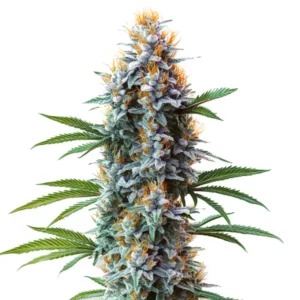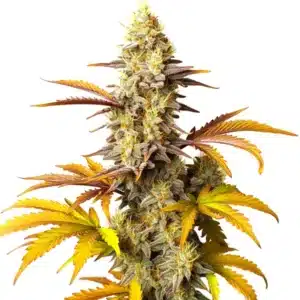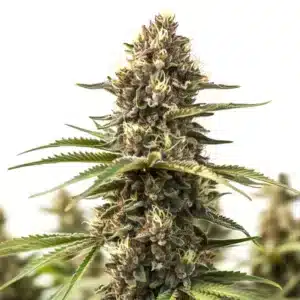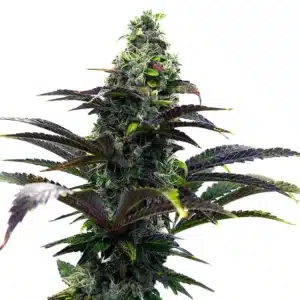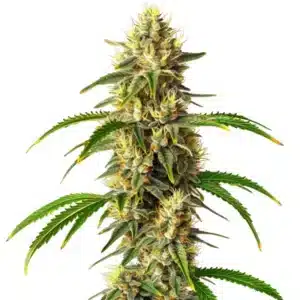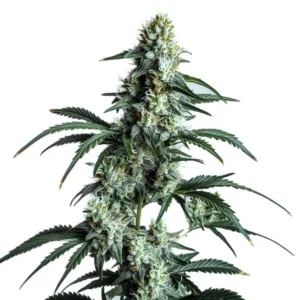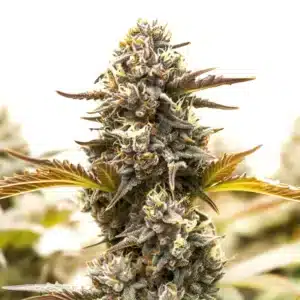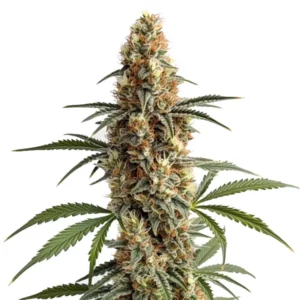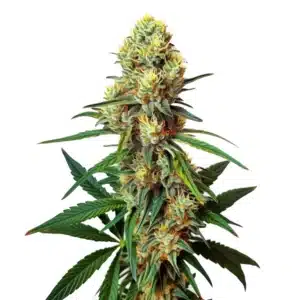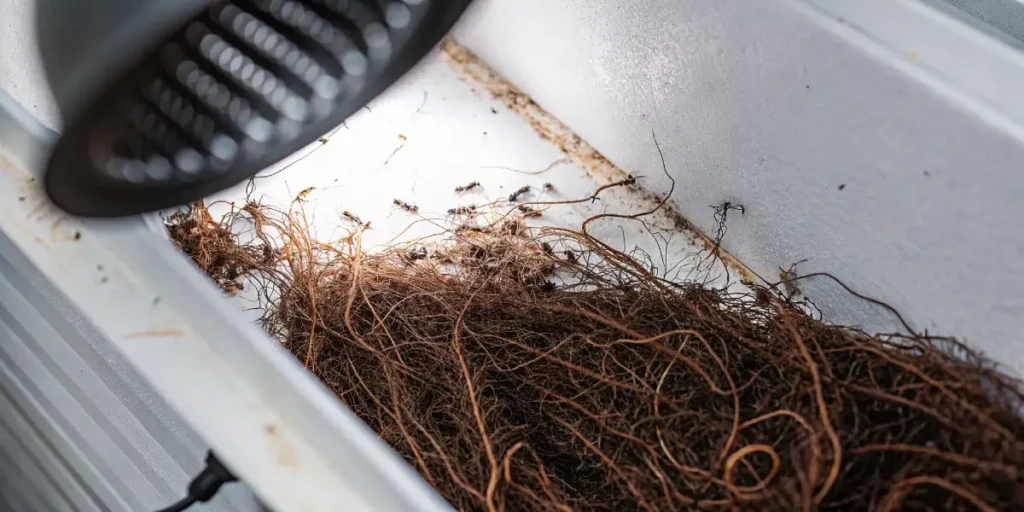
The Hydro Grower’s Nightmare: Winning the War in the Water
So, you’ve chosen the path of hydroponics. I get it. The promise of explosive growth and massive yields is hard to resist. But in hydro, you’re flying without a net. There’s no soil to buffer your mistakes. When things go wrong with your roots, they go wrong FAST. And nothing spells disaster faster than finding bugs and rot in your reservoir.
Let’s get one thing crystal clear: the rules of soil don’t all apply here. Your nutrient reservoir isn’t just a bucket; it’s your plant’s entire life-support system. And keeping it pristine is your only job.
Recommended Strains
Blue Cheese
|
|
THC | 16% - 20% (Medium) |
|
|
Type | Feminized |
|
|
Yield | High |
|
|
Phenotype | 80% Indica / 20% Sativa |
Blue Cheese Autoflower
|
|
THC | 14% - 16% (Medium) |
|
|
Type | Autoflowering |
|
|
Yield | Medium |
|
|
Phenotype | 80% Indica / 20% Sativa |
The Root of All Evil in Hydro: Warm, Lifeless Water
Forget everything else for a second and listen to this: The number one killer of hydroponic roots is warm water.
When your nutrient solution gets warm, anything above 20°C/68°F, the dissolved oxygen plummets. This warm, oxygen-deprived water is a breeding ground for anaerobic bacteria and pathogens like Pythium (the fungus behind root rot). For root aphids and fungus gnat larvae, it’s an open invitation to a feast. Your powerful hydro system becomes a swamp of death.
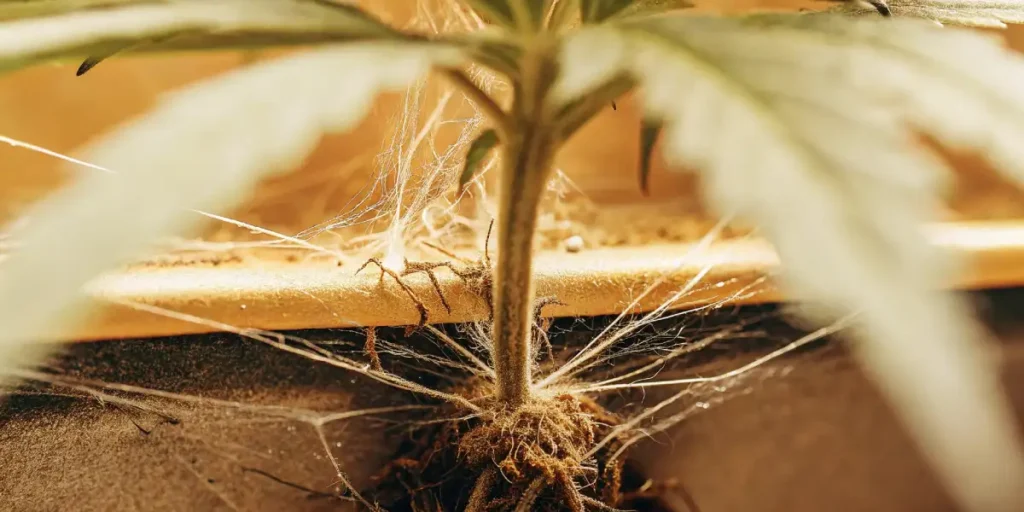
The solution? You MUST keep your water cool and oxygenated. Aim for a steady 18°C (65°F). This might mean investing in a water chiller for serious setups. At a minimum, you need a powerful air pump with air stones bubbling in your reservoir 24/7, keeping that water alive and full of oxygen.
Promos & Deals
Your pH is Your Scalpel, Not a Hammer
Now, let’s talk pH. If you’re coming from soil, you need to recalibrate your brain. In hydro, the pH window is much tighter. You’re not aiming for 6.0. Your magic number, your everyday sweet spot for perfect nutrient absorption and a healthy environment, is 5.8. It’s not a suggestion; it’s the rule.
But your pH meter is more than a gauge; it’s a weapon. If you start to see the early signs of slime or discoloration on your roots, you can go on the offensive. Drop the pH to a more acidic 5.5 for a day or two. This acidic shock makes the environment hostile to pathogens, often stopping an outbreak in its tracks before it takes hold.
The Price of Success: Clogged Arteries
Here’s the paradox of a great hydro Grow: your roots will grow like crazy. They will form massive, beautiful, white webs. And they will try to destroy your system.
You have to be a plumber. Those vigorous roots will absolutely clog your drip lines, fill your DWC net pots, and block your NFT channels. This is a constant battle. You need to regularly check your system and be prepared to carefully trim the roots to ensure the nutrient solution is always flowing. If a plant’s roots clog the system, they can starve themselves and their neighbors. It’s one of the unique challenges when you Cultivate monster hydro plants like Blue Dream or Sour Diesel. You have to Nurture the system, not just the plant.
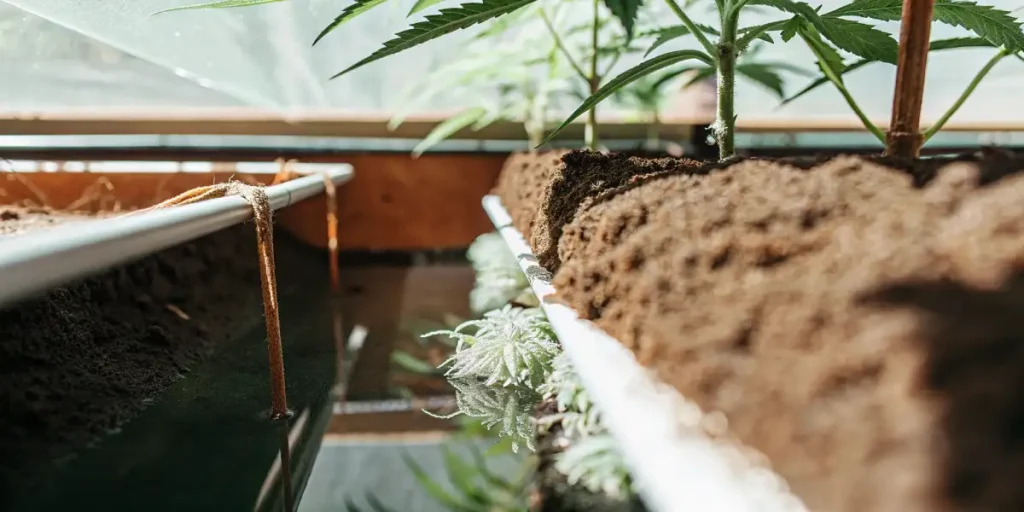
FAQ Section
What is the number one cause of root problems in hydroponics?
Without a doubt, it’s warm water with low levels of dissolved oxygen. A nutrient reservoir that gets warmer than 20°C (68°F) becomes a breeding ground for root rot and pests. Keeping your water cool (around 18°C/65°F) and constantly aerated with air stones is the most critical factor for hydro root health.
What is the correct pH for a hydroponic system?
The sweet spot for hydroponics is a stable pH of 5.8. This is slightly more acidic than soil and is the optimal level for your plants to absorb the full range of nutrients in the water. Forgetting to manage your pH is the fastest way to nutrient lockout and weak, vulnerable roots.
How do I stop my roots from clogging my hydro system?
You can’t stop them from growing, that’s the point! But you must manage them. This means routine maintenance. You have to physically check your pipes, drip emitters, and channels and be prepared to carefully prune the roots. Trim away any roots that are obstructing the flow of water to ensure all your plants are getting what they need.
Can I use the same pest solutions in hydro as I do in soil?
Not always. Many soil-based solutions, like diatomaceous earth or beneficial mulches, are useless in a hydro system. You must use solutions that are water-soluble and won’t clog your system. This is why hydro growers often rely on sterile environments, beneficial bacteria products designed for hydro (like Hydroguard), and precise environmental control rather than topical soil treatments.


